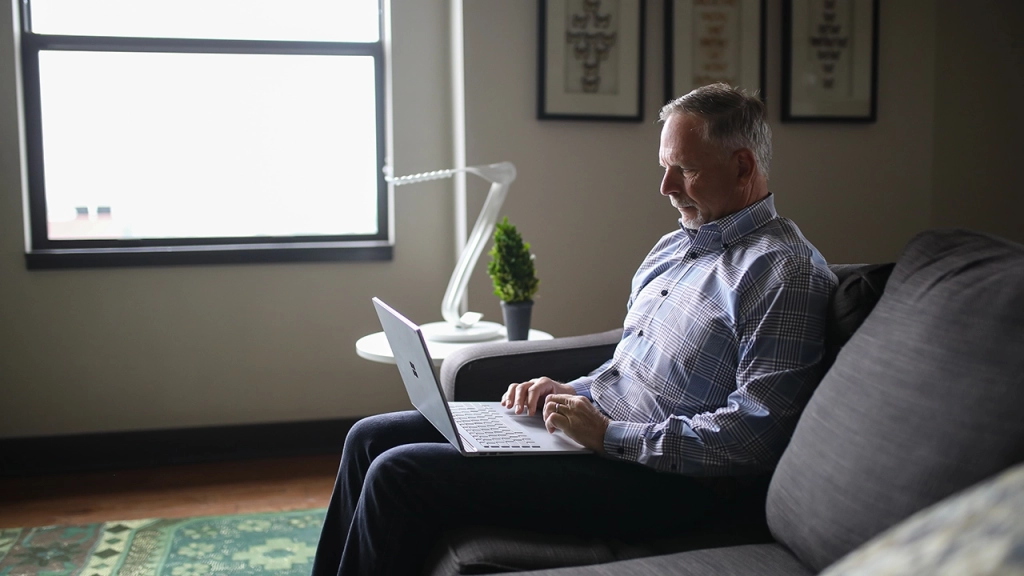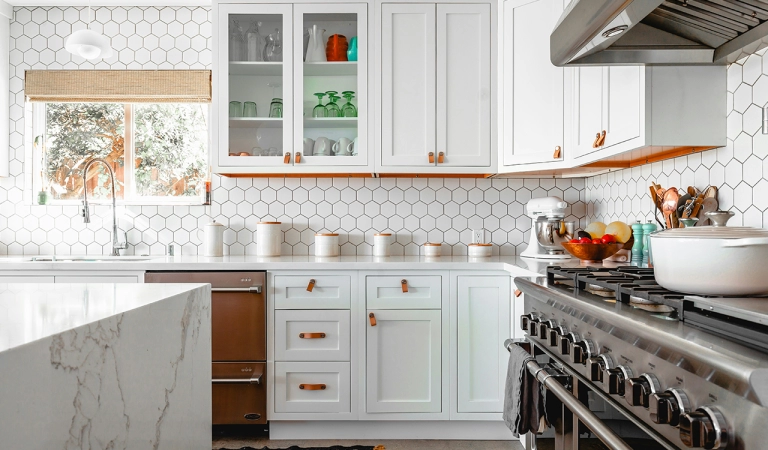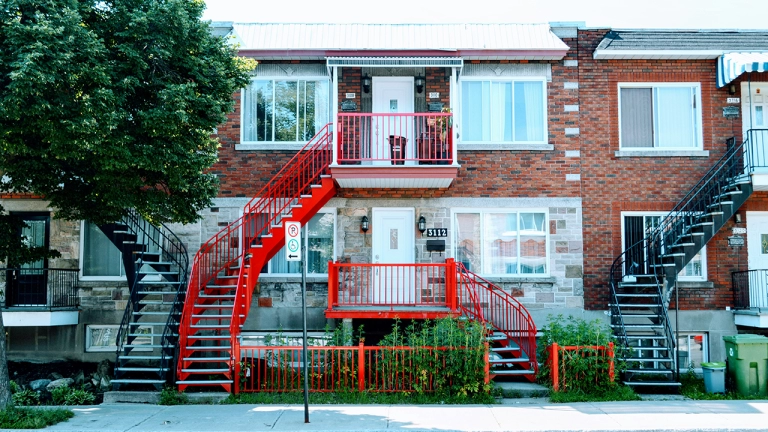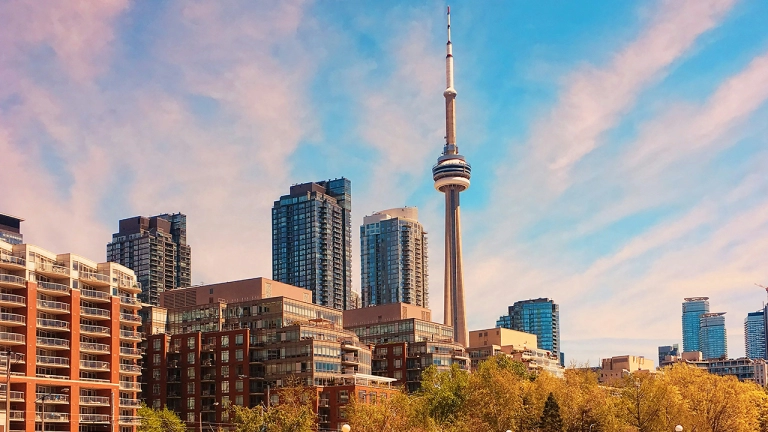Today we will explore the important decision of whether to rent or own in retirement. If you’re nearing retirement and are at a crossroads, deciding whether to sell your home and rent or retain ownership, I’m here to provide valuable insights and advice to help with your retirement planning.
Throughout this article, we’ll discuss the advantages and disadvantages of owning a home in retirement, as well as the benefits and drawbacks of renting. We’ll cover the financial stability, personalization, and potential tax benefits of homeownership, as well as the financial obligations, reduced flexibility, and market risks associated with owning a home. Additionally, we’ll explore the flexibility, lower commitments, and access to amenities that renting offers.
Finally, we’ll address whether to sell your home and whether to rent out your current home.
Let’s begin.
Retirement Planning: Renting vs. Homeownership
Renting vs. homeownership has a significant impact on retirement planning. Renting offers financial flexibility with lower upfront costs and predictable monthly expenses, relieving retirees of maintenance responsibilities. However, it lacks the potential equity growth and long-term investment benefits of homeownership. Homeownership involves higher upfront costs, variable expenses, and maintenance responsibilities, but offers the potential for equity appreciation. Renting provides lifestyle flexibility and the ability to change locations easily, while homeownership brings a sense of ownership and personalization.
Advantages Of Owning A Home In Retirement
Retirement is a significant milestone that often prompts the question of whether to rent or own a home. While both options have their merits, owning a home in retirement offers several advantages that are worth considering.
Financial security and potential equity appreciation
Home ownership provides a sense of financial stability in retirement. With a fixed mortgage payment, many retirees can better predict their housing expenses and have the peace of mind of not being subject to potential rent increases. Furthermore, over time, real estate values have appreciated, allowing homeowners to potentially build equity. This accumulated home equity can serve as a valuable asset that can be tapped into if needed or passed down to future generations.
Sense of security and familiarity
One of the key advantages of owning a home in retirement is the sense of security it offers. Having a place to call your own provides a sense of stability and comfort. You can create a space that reflects your personal taste, preferences, and lifestyle. This familiarity can contribute to a greater sense of belonging and emotional well-being during your retirement years.
Personalization and control over the living space
Owning a home gives you the freedom to personalize and modify your living space according to your needs and desires. Whether it’s renovating the kitchen, adding a home office, or creating a beautiful garden, you have the autonomy to customize your home to suit your unique lifestyle. This personalization can greatly enhance your retirement experience and create a living environment that truly feels like home.
Potential tax benefits and long-term investment
Homeownership in retirement can come with potential tax benefits. In Canada, certain expenses related to homeownership, such as mortgage interest and property taxes, may be eligible for deductions or credits. Please do not take this as financial advice. It’s advisable to consult with a tax professional to understand the specific tax advantages applicable to your situation.
Moreover, owning a home can be viewed as a long-term investment. While real estate markets can fluctuate, historically, housing prices have shown steady growth over the long term. This means that your property appreciates in value, offering the potential for a substantial return on your investment. Building equity through homeownership can be a valuable asset as part of your retirement portfolio.
In conclusion, owning a home in retirement provides several advantages. It offers financial stability, the potential for equity appreciation, a sense of security, the ability to personalize your living space, potential tax benefits, and the opportunity for long-term investment. These advantages can contribute to a fulfilling and comfortable retirement lifestyle. However, it’s essential to weigh these benefits against your personal circumstances and preferences to make the best decision for your specific situation.
Disadvantages Of Owning A Home In Retirement

While owning a home in retirement comes with its advantages, it’s essential to consider the potential disadvantages. Before making a decision, I’ve provided some factors to keep in mind below.
Mortgage payments, property taxes, and maintenance responsibilities
Owning a home entails financial obligations beyond the initial home purchase and down payment. Mortgage payments, property taxes, insurance premiums, and ongoing condo fees can add up. In retirement, when income might be fixed or reduced, these house payment responsibilities could strain your budget. It’s crucial to carefully assess your financial situation and ensure you have sufficient funds to cover these ongoing expenses.
Maintenance responsibilities can also be a burden for homeowners in retirement. Regular upkeep, repairs, and unexpected costs can require time, effort, and additional expenses. Consider whether you’re prepared to handle these responsibilities or if you’d prefer a more maintenance-free lifestyle.
Reduced flexibility and limited mobility
Owning a home can limit your flexibility and mobility in retirement. If you’re tied to a particular location, it may be challenging to pursue travel or explore different living arrangements. Selling a home can involve time-consuming processes, such as finding a buyer and completing the necessary paperwork. This lack of flexibility can hinder your ability to adapt to changing circumstances or pursue new opportunities.
Market fluctuations and property value risks
Real estate markets are subject to fluctuations, and property values can rise or fall over time. While historically real estate has appreciated, there’s no guarantee that this trend will continue indefinitely. Market downturns can result in decreased property values, potentially impacting your overall financial situation. It’s crucial to assess the local real estate market conditions and consult with professionals to understand the risks involved.
Potential impact on eligibility for government benefits
Owning a home in retirement may impact your eligibility for certain benefits. Programs such as Old Age Security (OAS) and Guaranteed Income Supplement (GIS) consider your income and assets when determining eligibility. The value of your home and any income generated from it, such as renting out a portion, can affect these benefits. It’s advisable to consult with a financial advisor or government agencies to understand the potential impact before making a decision.
In conclusion, owning a home in retirement comes with some disadvantages to consider. These include financial obligations and maintenance responsibilities, reduced flexibility and limited mobility, market fluctuations and property value risks, as well as potential impacts on government benefit eligibility. It’s important to evaluate these factors alongside the advantages to make an informed decision that aligns with your financial situation, lifestyle preferences, and long-term goals.
Advantages Of Renting A Home In Retirement
Renting a home in retirement can offer unique advantages. These advantages may be appealing to individuals seeking flexibility and convenience – especially with today’s increasing interest rates.
Flexibility and freedom from maintenance tasks
One of the primary advantages of renting a home in retirement is the flexibility it provides. Renters have the freedom to choose the duration of their lease, allowing them to adapt to changing circumstances or explore new living arrangements without the constraints of selling a property. Renting eliminates the responsibilities of home maintenance and repairs, as these tasks typically fall under the purview of the landlord. This can free up your time and energy to focus on enjoying retirement and pursuing other interests.
Lower financial commitments and predictable expenses
Renting often entails lower financial commitments compared to homeownership. While homeowners must consider mortgage payments, property taxes, and maintenance costs, renters typically have predictable monthly expenses in the form of rent and utilities. Renting allows you to allocate your resources differently, potentially freeing up funds for travel, hobbies, or other retirement pursuits. Additionally, renting can provide a level of financial stability, as you’re not exposed to potential market fluctuations that can impact property values.
Exploring new locations and downsizing opportunities
Renting in retirement opens up the possibility of exploring new locations. Whether you dream of living in a vibrant city, a peaceful beach town, or closer to family and friends, renting provides the flexibility to make those changes. It allows you to experience different neighborhoods, cultures, and amenities without the long-term commitment of homeownership. Renting can also facilitate downsizing, as you have the option to choose a smaller and more manageable living space that better suits your current needs and preferences.
Access to amenities and social communities
Renting a home often grants access to amenities and social communities. Many rental properties, such as apartment complexes or retirement communities, offer various amenities like fitness centers, swimming pools, communal spaces, and organized social activities. These amenities can enhance your retirement lifestyle and provide opportunities for socializing and building new connections with like-minded individuals. Additionally, renting within a community can foster a sense of belonging and support, as neighbors often share similar life stages and interests.
In conclusion, renting a home in retirement offers several advantages. It provides flexibility, freedom from maintenance tasks, lower financial commitments, predictable expenses, the opportunity to explore new locations, downsizing options, and access to amenities and social communities. If you’re looking to rent in Toronto, work with one of the top-producing rental agent Toronto has – Marco Pedri.
Disadvantages Of Renting A Home In Retirement
Renting a home in retirement can offer certain benefits. However, it’s important to consider the potential drawbacks as well. Here are a few factors I’ve come across working with past retirees when it comes to renting in retirement.
Limited control over the living space
One of the main disadvantages of renting a home is the limited control over the living space. As a renter, you must abide by the rules and regulations set by the landlord or property management. This can restrict your ability to personalize and modify the property to suit your preferences. You may not be able to make structural changes, paint the walls, or undertake major renovations without permission. This lack of control over the living space can be a downside for individuals who enjoy the freedom of customizing their home.
Uncertainty of rental costs and potential increases
Renters face the uncertainty of rental costs, especially when an apartment is not covered by rent control. These rent hikes can disrupt your budgeting plans and potentially strain your finances, particularly if you’re on a fixed income in retirement. While some buildings may have rent control regulations, not all fall under such protections. It’s important to consider the potential for rental cost fluctuations when deciding whether to rent in retirement.
Lack of long-term investment and potential equity growth
One significant disadvantage of renting a home in retirement is the absence of long-term investment and potential equity growth. Unlike homeowners who build equity as property values appreciate over time, renters do not benefit from this potential wealth accumulation. Rent payments essentially go toward providing a roof over your head without the opportunity to build equity. This lack of investment potential can be a concern for individuals looking to secure their financial future or leave a legacy for their loved ones.
Landlord restrictions and potential instability
Renting a home comes with the possibility of facing landlord restrictions and potential instability. Landlords have the authority to set rules regarding pets, subletting, and other aspects of tenancy. They can also decide not to renew a lease or sell the property, which could lead to the need to relocate. This lack of stability and the potential disruption of having to find a new rental property can be a source of stress and inconvenience, especially for those seeking long-term stability in retirement.
In conclusion, renting a home in retirement presents certain disadvantages to consider. These include limited control over the living space, uncertainty of rental costs and potential increases, lack of long-term investment and potential equity growth, as well as landlord restrictions and potential instability. It’s important to evaluate these factors alongside the advantages of renting to make an informed decision that aligns with your lifestyle preferences, financial goals, and overall retirement plans.
Should You Sell Your Home In Retirement?
Deciding whether to sell your home in retirement is a personal choice that depends on various factors. While I cannot make the decision for you, I can provide some guidance to help you make an informed choice. Consider the following factors when evaluating whether to sell your home in retirement.
Financial considerations
Work with a certified financial planner to assess your financial situation and determine if selling your home aligns with your retirement goals. Consider factors such as your current mortgage status, housing expenses, potential equity in the home, and your overall retirement budget. Selling your home could provide you with a lump sum of money that can be used for other purposes, such as investing, traveling, or downsizing to a more suitable property. If you’re still unsure, be sure to consult a certified financial planner.
Housing needs and preferences
Evaluate whether your current home meets your needs and preferences in retirement. Consider factors such as accessibility, maintenance requirements, proximity to amenities, and the overall suitability of your home for your lifestyle. If your home no longer suits your needs or is becoming burdensome to maintain, selling it and finding a more suitable living arrangement might be worth considering.
Market conditions
Assess the local real estate market conditions to determine if it’s a favorable time to sell.
Research house prices, housing market, and the availability of buyers in your area. Selling when the market is strong could potentially result in a higher sale price and a favorable return on your investment.
Emotional attachment
Consider your emotional attachment to your home. If your home holds sentimental value and has been an integral part of your life, it may be harder to let go. Take time to reflect on the emotional aspect of selling and weigh it against other practical considerations.
Alternative housing options
Explore alternative housing options available in your area. Consider renting, downsizing to a smaller property, or moving to a retirement community or assisted living facility. Assess whether these alternatives align with your lifestyle preferences, financial situation, and long-term goals.
Ultimately, the decision to sell your home in retirement depends on a careful assessment of your financial situation, housing needs, market conditions, emotional attachment, and available alternatives. Take the time to thoroughly evaluate these factors, seek advice from professionals, and make a decision.
Should You Rent Out Your Current Home In Retirement?
Deciding whether to rent out your current home in retirement requires careful evaluation.
Consider the potential rental income or cash flow of your home by researching local rental rates and comparing them to your expenses. Assess your financial situation, including mortgage status and retirement budget, to ensure renting aligns with your goals.
Evaluate the responsibilities of being a landlord, such as tenant management and maintenance. Ask yourself – are you willing to take on these responsibilities when your enter retirement?
Real estate and where you live can also be emotional. Don’t forget to reflect on your emotional attachment to the home and future plans, as renting may impact downsizing or returning to your property in the future.
Lastly, understand local regulations and seek professional advice. Ultimately, weigh the pros and cons to make an informed decision that aligns with your financial goals, lifestyle, and long-term plans.
Conclusion
In conclusion, the decision to rent or own a home in retirement is a significant choice that requires careful consideration. Both options have their advantages and disadvantages, and it ultimately depends on individual circumstances and preferences. Whether you decide to sell your home, rent it out, or explore alternative housing options, it’s essential to weigh the financial, lifestyle, and emotional factors involved.
If you’re considering downsizing in Toronto and need professional guidance throughout the process, get in touch with me – Marco Pedri, a trusted real estate agent specializing in downsizing for retirees. With my extensive knowledge of the Toronto real estate market and empathetic approach, I can help you navigate the downsizing journey smoothly. From finding the perfect smaller home or apartment to guiding you through the selling process, my expertise and personalized assistance will ensure a seamless transition into your ideal retirement living situation.
Don’t hesitate to reach out. Let me help you make informed decisions and embark on an exciting new chapter in your retirement journey. Contact me today and take the first step towards a comfortable, fulfilling, and stress-free retirement living experience in Toronto.






